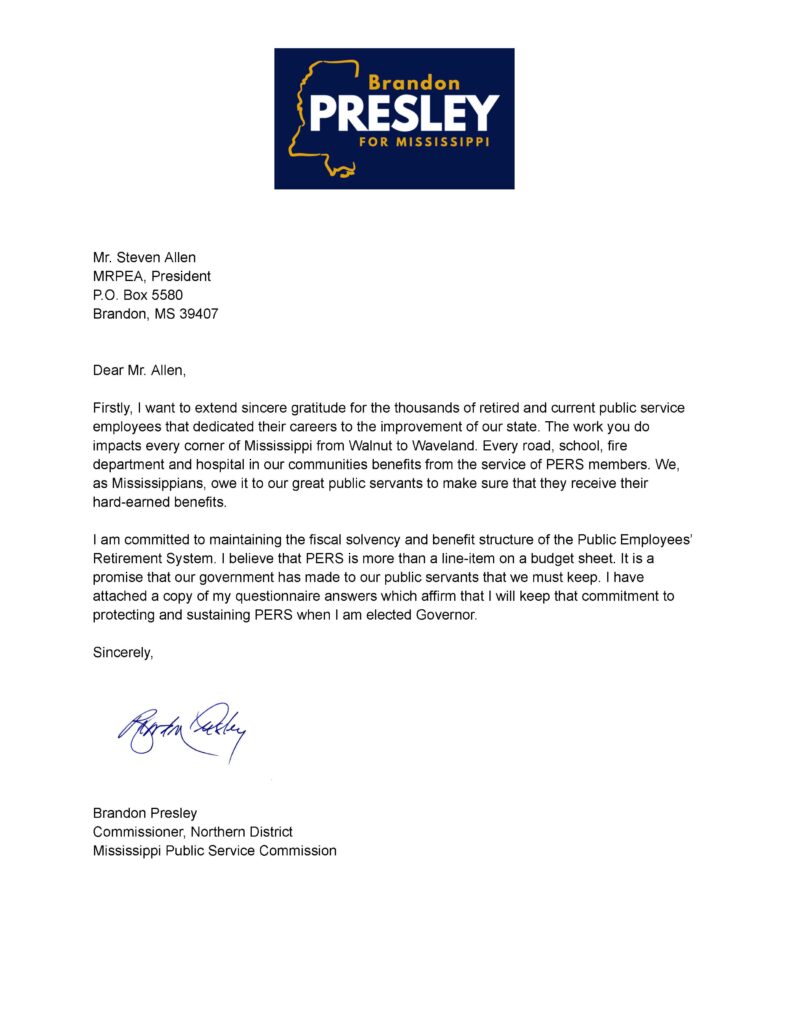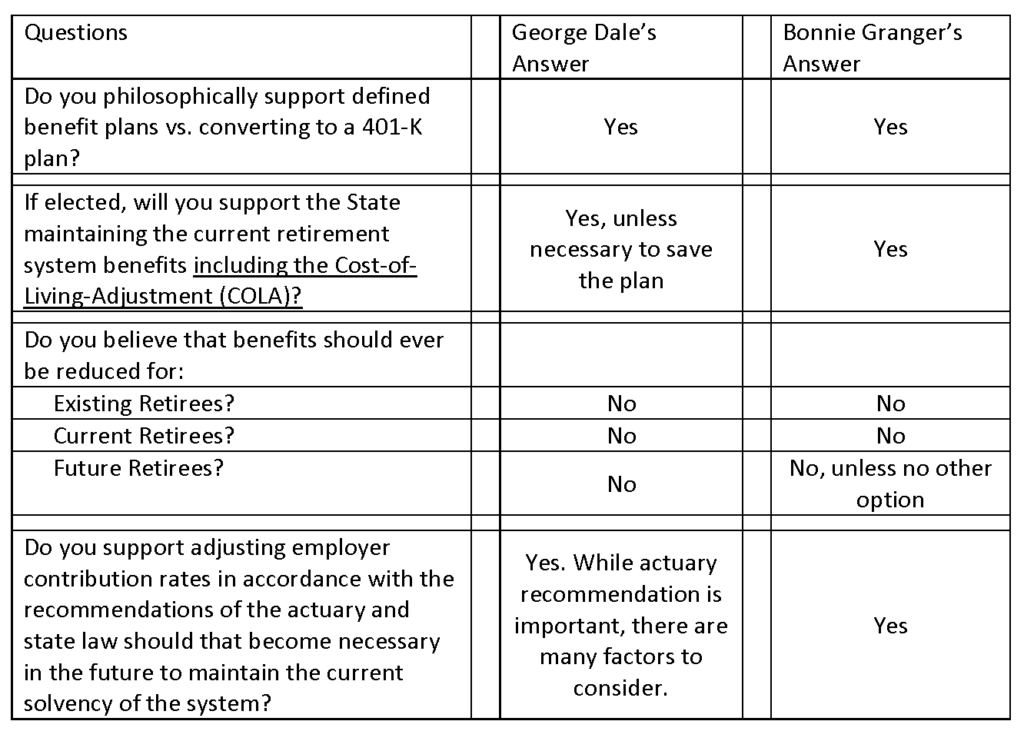Originally Published in the Wall Street Journal

TUPELO, Miss.—This city of about 38,000 in the northeast part of Mississippi highlights the challenges facing the South’s least populous state. Tupelo offers a charming downtown, tourist attractions and a low cost of living. It has an active local economic-development and job-training effort and is close to large state universities.
Yet even this place, far better off than other parts of the state—and a steady draw for tourists as the birthplace of Elvis Presley—is struggling to attract and retain workers. The area has lost population in recent years. “I love my little town, but if I had the opportunity, I would leave,” said Tayolor Witherspoon, 24, a single mother who works part time as a waitress at D’Cracked Egg breakfast restaurant.
Mississippi faces a shrinking workforce problem—with people of working age on the sidelines and younger people moving away—as it also struggles to attract new residents. Economic and population growth is transforming other Southern states such as neighboring Tennessee.
State and local leaders worry Mississippi’s civilian labor-force participation rate—the nation’s lowest, at 53.9% in October, compared with 62.7% overall in the U.S.—as well as a substantial brain drain of young people moving away and a shrinking workforce are hurting the state’s chances of joining in the region’s bonanza.
From the summer of 2022 to the summer of 2023, the U.S. population grew by 1.6 million people, with 1.4 million of them—almost 87%—in the South, according to U.S. Census Bureau estimates. But Mississippi essentially missed out on that growth. It gained just over 750 residents during the same period.
This October, according to U.S. Bureau of Labor Statistics data, Mississippi’s civilian labor force had shrunk 1.4% from what it was a decade earlier, even as the South’s workforce overall has grown exponentially. For example, neighboring Tennessee’s labor force increased almost 11% for the same period.
About 12.6% of the state’s population under the age of 65 have a disability, compared with 8.9% overall in the U.S., according to Census Bureau estimates. Mississippi’s unemployment rate hit record lows in 2023, even as the overall size of its labor force shrank and a large percentage of its residents who were of working age weren’t working.
Republican Gov. Tate Reeves, in an interview with The Wall Street Journal, attributed brain drain and the low labor force participation to several factors. He pointed to public employees being able to retire after 25 years while still earning large pensions—and that Mississippi’s low cost of living allowed families to earn enough income with only one spouse’s holding a job, further reducing labor force participation.
Reeves also said that many millennials want to move to a large city after college and that troubles in the capital city of Jackson, the largest city, have pushed many to leave the state.
“What has certainly been a struggle in Mississippi compared to other states is the lack of a major metropolitan area to attract young people,” Reeves said, calling Jackson’s revitalization a major goal. He is about to assume his second term after defeating Democratic challenger Brandon Presley last fall.
Southern cities such as Nashville, Tenn., Charlotte, N.C., and Atlanta experienced a population rise in recent years, with younger people drawn by amenities such as major sports teams, entertainment venues, new restaurants and bars, and robust universities and colleges. Jackson has seen its population decline from 173,500 in 2010 to 146,000 in 2022, according to Census estimates.
Political battles between Mississippi’s white Republican leaders and Black Democratic officials from Jackson have contributed to increased racial tensions. The two sides are locked in a political battle over control of the capital city’s troubled water supply and part of its criminal justice system. It also has a relatively high crime rate.
Reeves said he wanted to bring more higher-paying jobs to the state with efforts such as AccelerateMS, the workforce development agency created in 2021. The state needs employees with college degrees, but it also needs a pool of skilled blue-collar workers, including welders and truck drivers, he added.
Bill Cork, executive director of the Mississippi Development Authority, questioned some of the bleak federal statistics about the state, but said bringing more Mississippians into the workforce was a big challenge. He pointed to Mississippi’s relatively high percentage of people who are incarcerated and who are on public assistance as factors in the state’s low civilian labor-force participation rate. The state has had one of the highest poverty rates in the nation for years, according to federal data.
About 24% of Mississippi residents 25 years or older hold some kind of college degree, more than 10 percentage points below the national average, according to data from the Census Bureau. Only about half of the graduates from Mississippi’s public universities work in the state three years after graduation. Many leave for growing metropolitan areas in other parts of the South, according to the office of Shad White, the state’s Republican auditor, whose office has studied the brain drain problem.
“We might as well cut a check to Atlanta every year,” White said of Mississippi taxpayers.
Jamiko Deleveaux, director of the University of Mississippi’s Center for Population Studies, said he worried that when older workers in the state start retiring in coming years, high rates of people moving away and low rates of migration and immigration into the state could cause an even more dire economic problem.
Some positive signs have appeared, however: Steel Dynamics said last year it would invest $2.5 billion in the state, creating 1,000 jobs in eastern Mississippi, south of Tupelo. The state won projects totaling $5.4 billion in capital investment in 2022, a record amount, according to the Mississippi Development Authority.
Mississippi has seen increased corporate investment, some improved school test scores and other hopeful signs in recent years. The state and local agencies also have launched and expanded workforce-development programs.
Famous as the boyhood home of the king of rock ‘n’ roll, Tupelo has a relatively low cost of living and a lower crime rate than other parts of the South.
Tupelo sits close to large state universities, the University of Mississippi in Oxford and Mississippi State University in Starkville, which produce thousands of graduates each year. Some settle in the area. The region has suffered job losses in its once-healthy furniture manufacturing sector, but a nearby Toyota plant, opened in 2011, has brought good-paying jobs and spin-off businesses.
The Community Development Foundation, an economic development effort funded by government and businesses in Tupelo and Lee County, has revitalized its programs for young professionals and built a successful high school outreach effort among its initiatives to recruit and retain workers.
Still, Tupelo faces challenges on the road ahead: Census estimates show the city lost population in 2022 since 2020.
Maddin Hutto, the foundation’s public-relations director, who also heads up its revamped young professionals group, said she goes to area universities and colleges to find potential employees for local businesses. “It’s still a hard sell, for sure,” she said.
A furniture company with headquarters in the area closed in 2022, putting 2,700 people—including many in Mississippi—out of work. But Tupelo can tout the success of Hyperion Technology Group, which focuses largely on developing highly sensitive acoustic equipment for defense agencies and law enforcement.
President and co-founder Geoff Carter said that the 60-employee company raised salaries and provided stronger benefit packages to match what competitors in other parts of the country are offering.
Carter says that he gets offers to buy his company and move it out of state every week, but he has no plans to do so, he said.
Emily Donegan, 42, a nurse who has lived in the Tupelo area most of her life, said that Mississippi lacks a big city that is fun to visit and that salaries are often higher in other regions.
“ If I was younger, phfffft,” she said, motioning her thumb outward. “I would go.”
The single mother said her daughter is attending a local community college and plans to go on to university. Once she’s finished school, Donegan plans to leave.
“My five-year plan is to be somewhere different—and her too,” she said.
- Harriet Torry contributed to this article.
Write to Cameron McWhirter at Cameron.McWhirter@wsj.com







